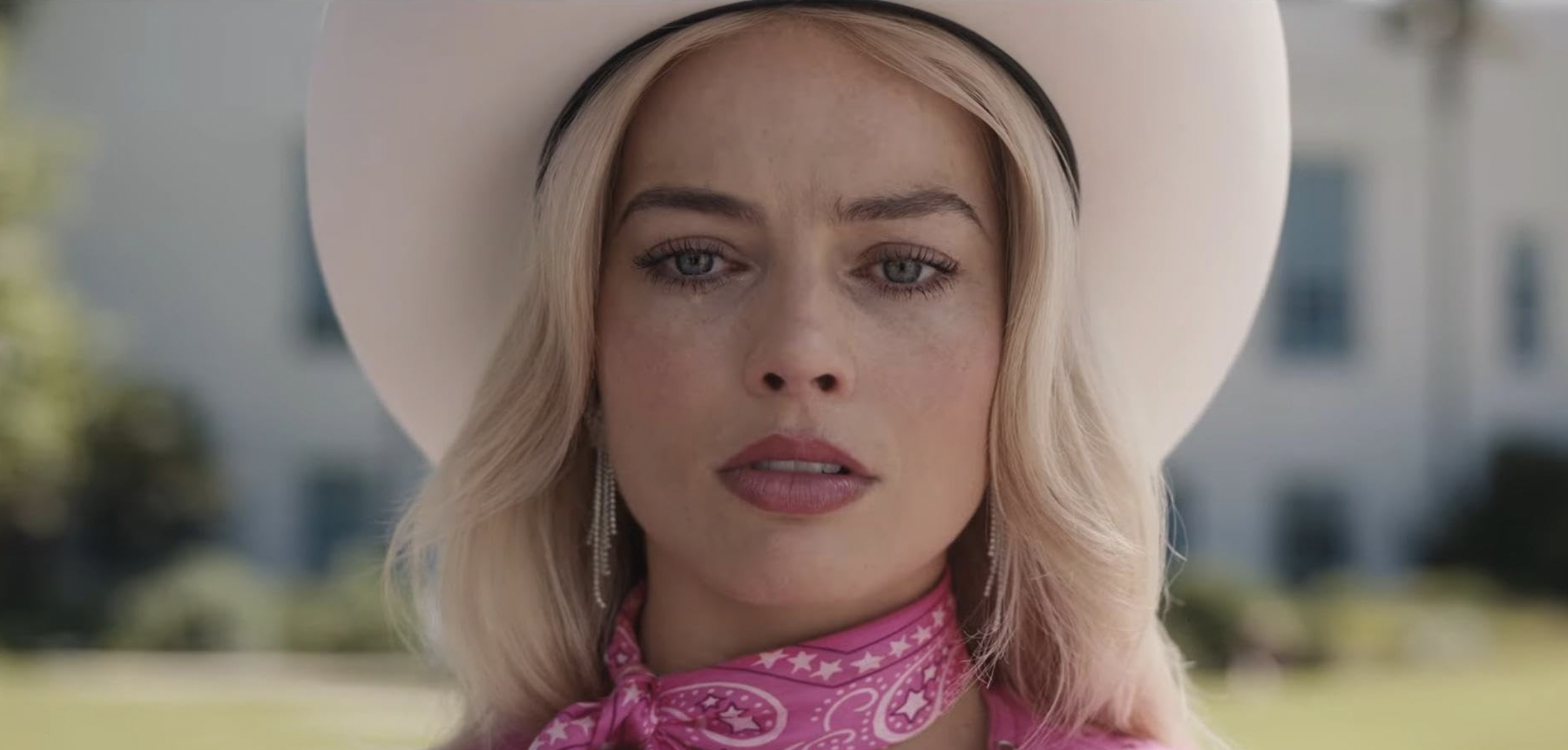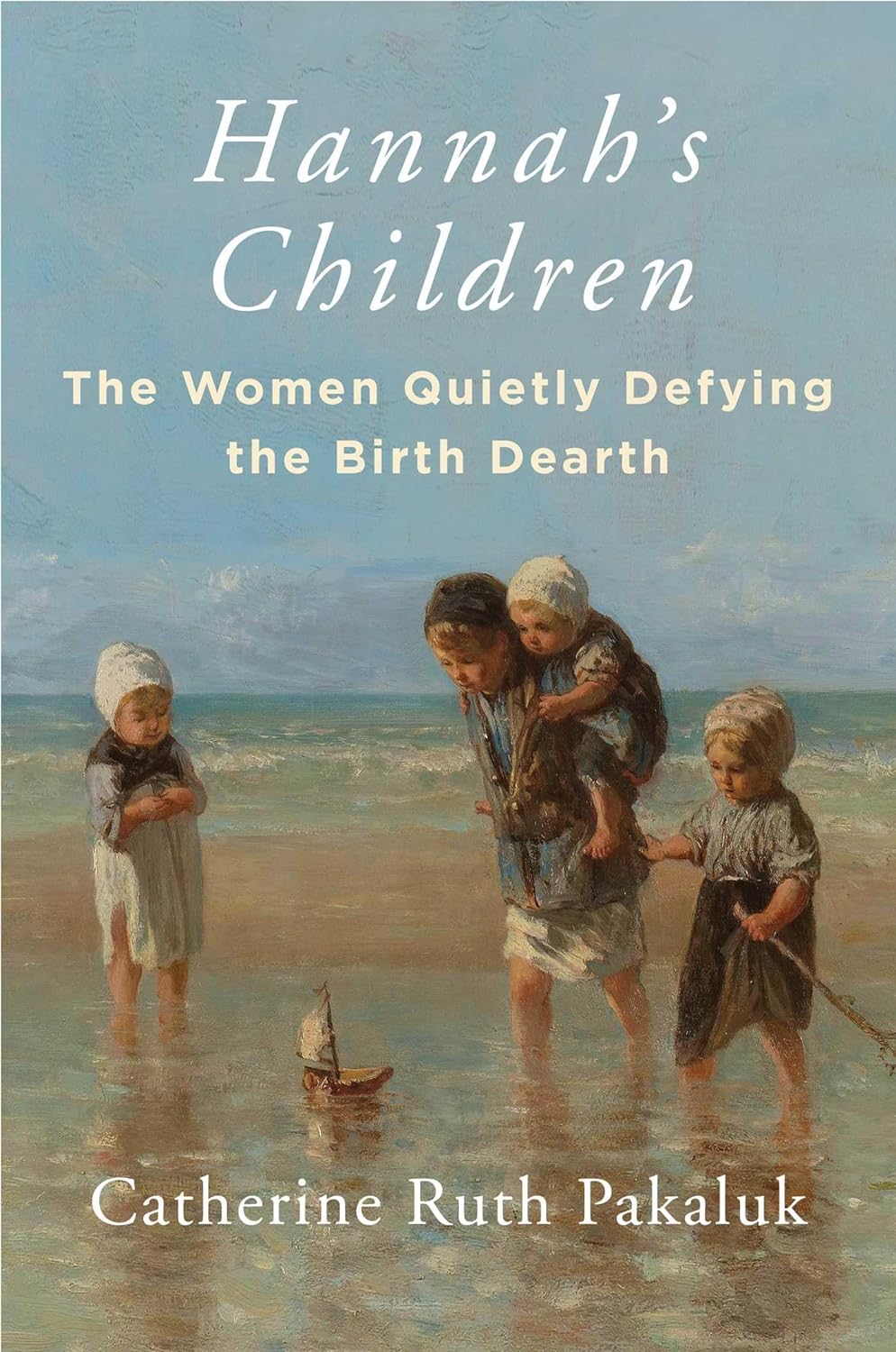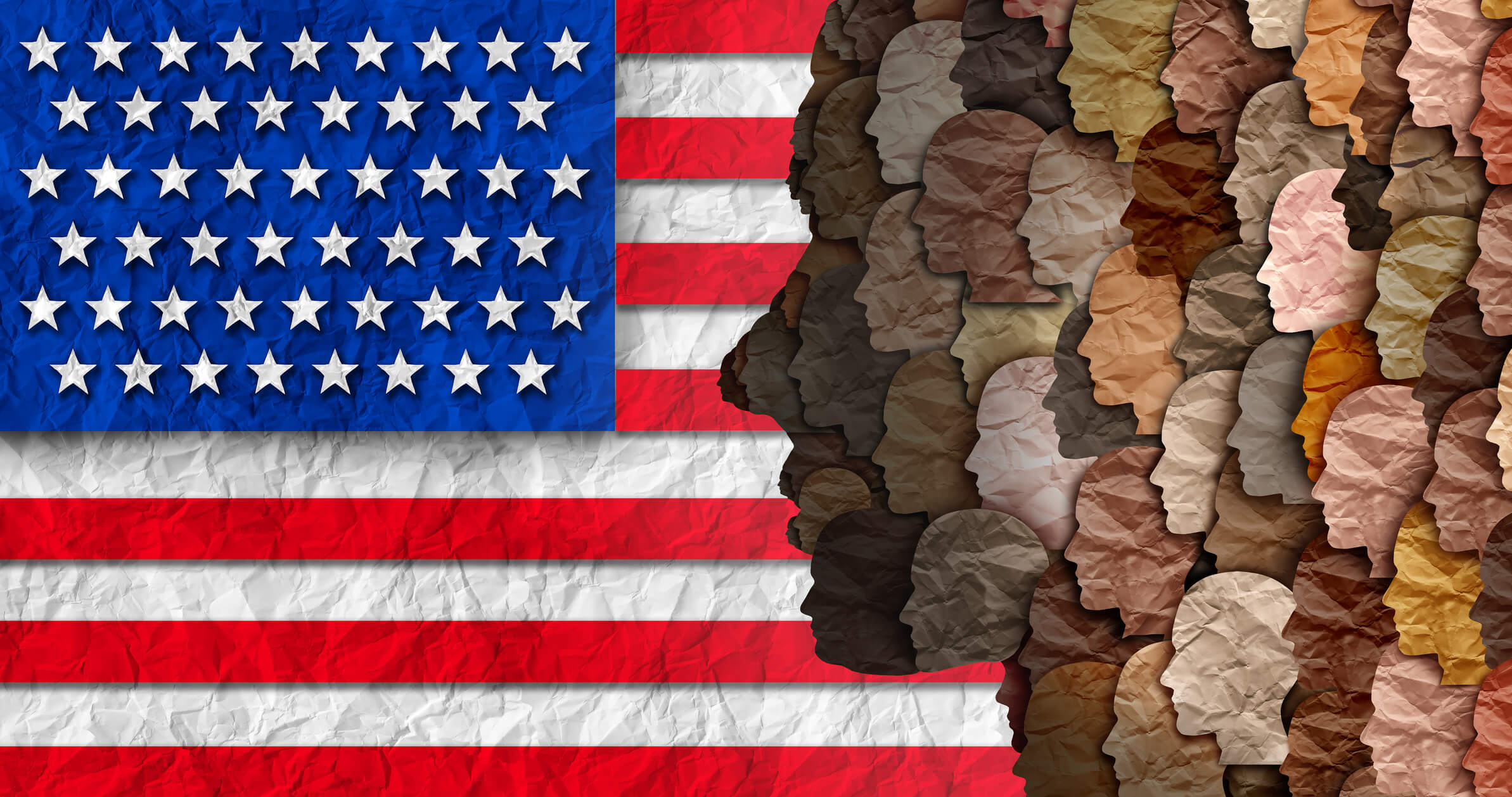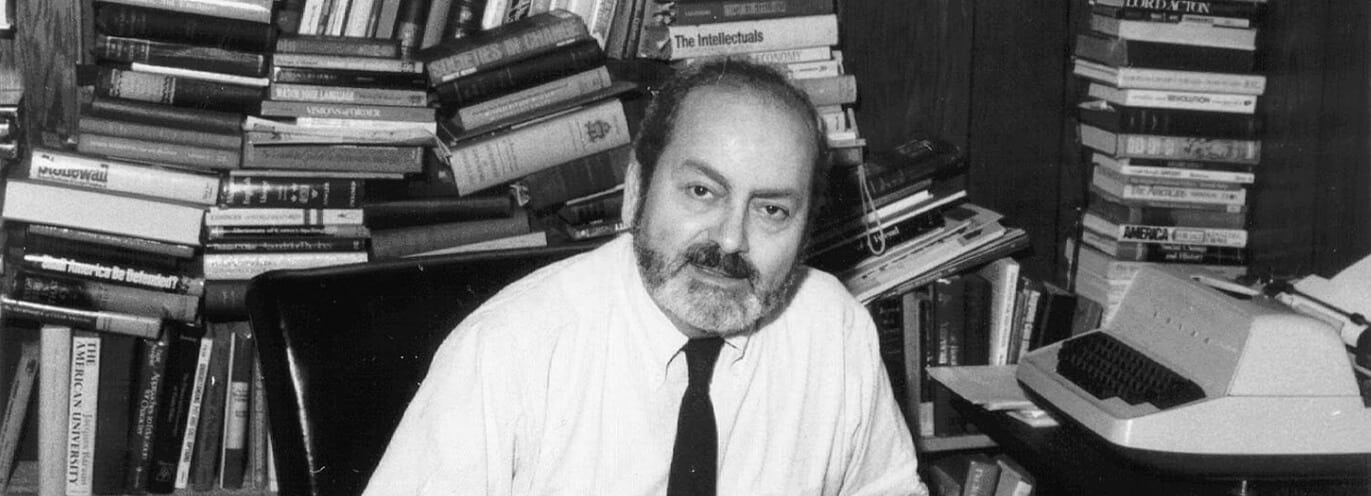When I was a young girl in the early 2000s, “career Barbie” ruled the world. The doll, released in the late 1950s, had developed beyond domestic concerns and now followed the prevailing cultural message that girls could be anything. Barbie defined the “ideal” woman for me and millions of girls across the world—and the global success of Greta Gerwig’s Barbie film last year reveals the lasting power of that message.
Now, a year after the film’s release, deeper themes are resonating. Margot Robbie, the actress who plays Barbie, has announced that she is expecting her first child, and suddenly the role of “pregnant Barbie” in the movie is even more poignant. Pregnant Barbie, named Midge, was always an awkward fit in Barbie world: she was discontinued because parents worried that she would glorify teen pregnancy (even though she was “married” to the Allan doll in 1990). In the film, Midge is alienated from the other Barbies because she’s a mom: Will Ferrell’s Mattel CEO character shrieks when he sees the redhead and says, “I thought we discontinued you!”
The parents who wanted Midge pulled off shelves were not anomalies. The core message of so many public school health classes in the 2000s wasn’t imparting an understanding of human sexuality that was informed by reality; it was instilling a deeply rooted fear of pregnancy and its consequences that lingered far beyond graduation day. Today, we have an endless list of Career Barbies, and we also have a birth dearth.
Barbie offered generations of girls recreational escapism from a future of child-rearing drudgery and, as the beginning of Barbie shows, liberated them from the fantasy of caretaking. But many women and mothers today are lonely, depressed, and feel they have little power or control over their own lives, not necessarily because of the politics du jour, but because they’re trying to “do it all.” In a monologue that went viral ahead of the movie’s release, Gloria (a “real-life” mother, not a Barbie character) captures this tension while consoling Barbie, who is demoralized because the Kens have taken over Barbieland while she is on her quest to discover her purpose in life. She addresses the compartmentalization of women’s lives that often prevents harmony or a sense of self: “You’re supposed to love being a mother, but don’t talk about your kids all the damn time. You have to be a career woman but also always be looking out for other people.”
As an ideal, not even make-believe Barbie was “doing it all.” Policewoman Barbie wasn’t discerning how to continue her dangerous career upon discovering she’s pregnant. Cardiothoracic Surgeon Barbie never scrambled to find a backup nanny when hers was sick but she got called in to the operating room on a weekend. Gloria wants to see an “Ordinary Barbie” who’s “just a mom, because it’s okay to just want to be a mom,” or a Barbie with a career who’s also a mom and who doesn’t have time to brush her hair in the morning.
Gerwig’s film and Pakaluk’s book affirm that motherhood has a PR problem, and the moms in Pakaluk’s book help dispel some misconceptions.
Catherine Pakaluk’s new book Hannah’s Children is about those women. Pakaluk, an economist, social scientist, and mother of eight, spoke to dozens of women who, in this world of contraceptives and crisis-level birth rates, are statistically extraordinary because they chose to “just be moms.” She and her co-researchers interviewed more than fifty women from across the country who are college-educated and chose to have five or more children. She set out to inquire about the question not being asked by demographers and public policy wonks: rather than asking why aren’t American women having kids, she wanted to understand why the women who did choose to have five or more children decided to do so, joining the company of a meager five percent of American women.
Gerwig’s film and Pakaluk’s book affirm that motherhood has a PR problem, and the moms in Pakaluk’s book help dispel some misconceptions without undermining the challenges and sacrifice of raising several children. Like Robbie’s character when she enters the Real World, these moms experience the highest highs and the lowest lows of life and everything in between because those vicissitudes come with the territory. One mother, known as “Hannah” in the book, likened her mothering several children to being part of the “chain of infinity.”
This remark is reminiscent of the end of Barbie, when Barbie is standing with Ruth Handler, the founder of the Barbie doll, in what seems to be the borderland between Barbieland and the real world. Barbie and Ruth, who is the closest thing Barbie has to a mother, hold hands as we’re shown an emotional montage of home videos featuring children and mothers. Barbie decides to join this chain of infinity, clearly moved by what she sees, and in the closing scene she visits the gynecologist.
Barbie is a movie about female destiny. It’s about assenting to womanhood, suffering, and death because the other option is perpetual peroxide-blonde hair and static youth, but no evolutionary potential. Hannah’s Children is about the same thing. Many of the women Pakaluk spoke to (notably, all of them actively religious, either Jewish, Mormon, or Christian) discussed “dying to self” and spoke of the act of surrender that being open to life demands. To a post-Christian society, this sounds irrational, and these women are no strangers to the unwelcome remarks their family size attracts. As Pakaluk makes clear, they, like the rest of us, are incentive-driven. The incentives they follow, however, aren’t ordered towards maximizing material comfort. They are choosing to make their existence far less glamorous and far more full of liability. But their reasons for taking on these burdens are priceless: love, posterity, and accepting the gift of life from God.
It’s likely that many people will think Barbie made an irrational decision to choose personhood and womanhood. Gerwig presents her decision in an easily digestible way, with Billie Eilish’s song “What Was I Made For?” playing as Barbie is steeped in the montage of mothers and their children, a moment the story has built up to as a satisfying narrative necessity. But the message isn’t one of conquest, as many critics have argued. Instead, it’s one of surrender and both self-denial and self-acceptance after a spiritually exhausting existential quest, one that it seems most women undergo at some point. The message of Barbie is that creation is beautiful but also full of risk at every turn, and that fallen existence is worth choosing even though it demands we relinquish control over our lives. The women in Hannah’s Children show that this is the point where an entirely new life begins.
















